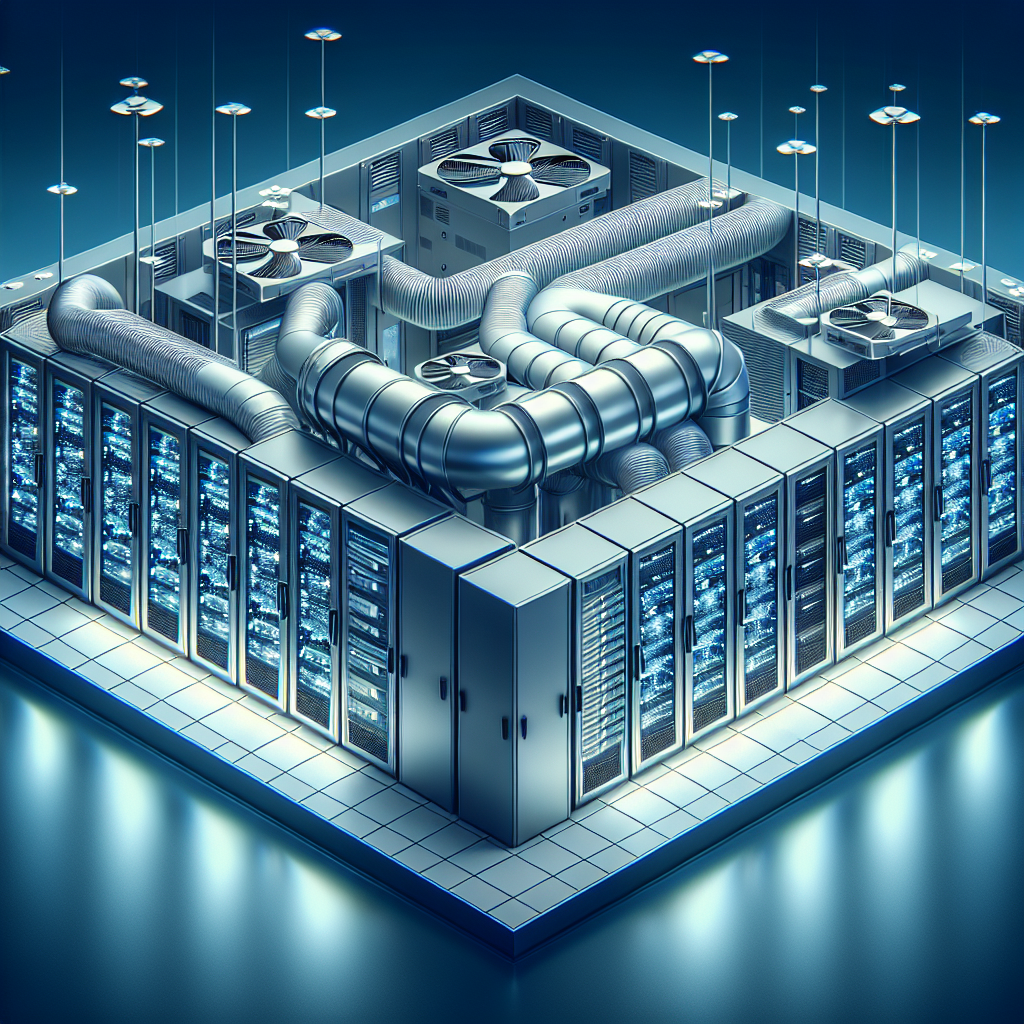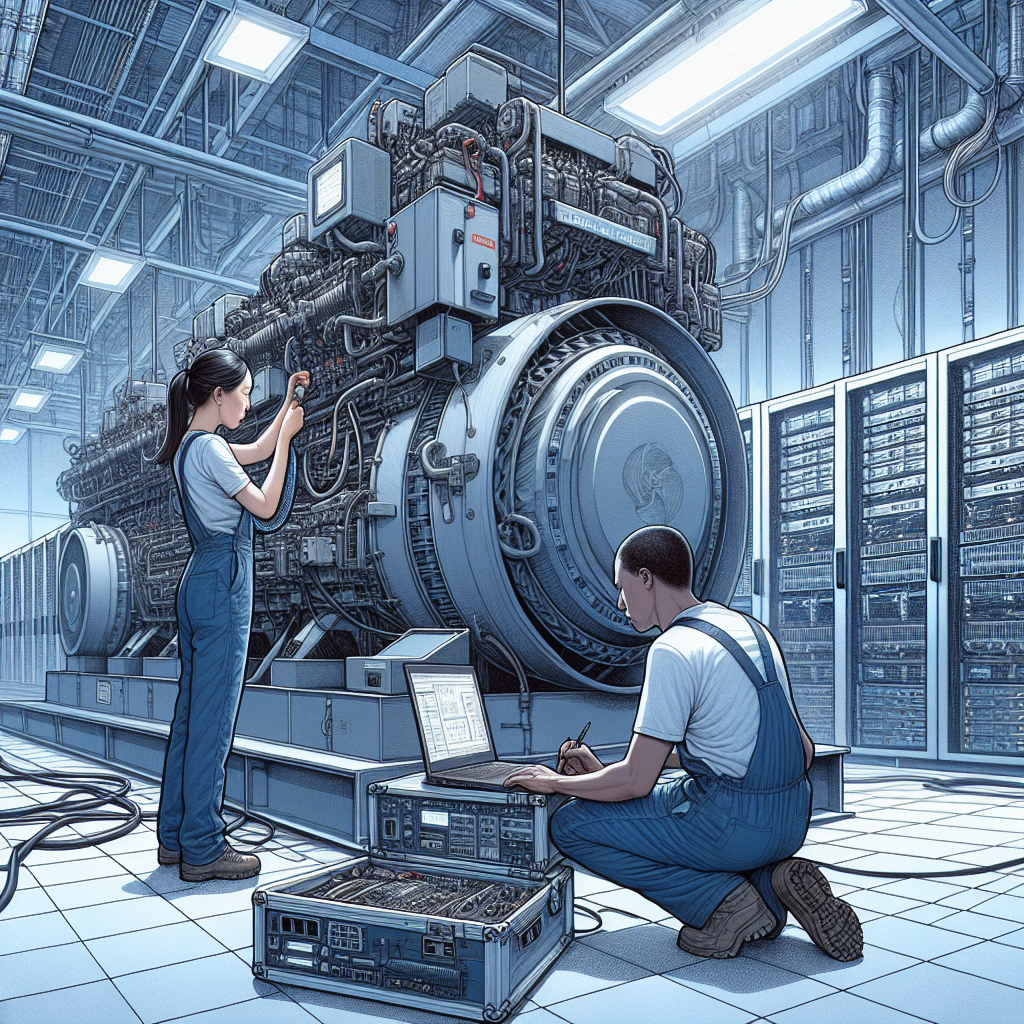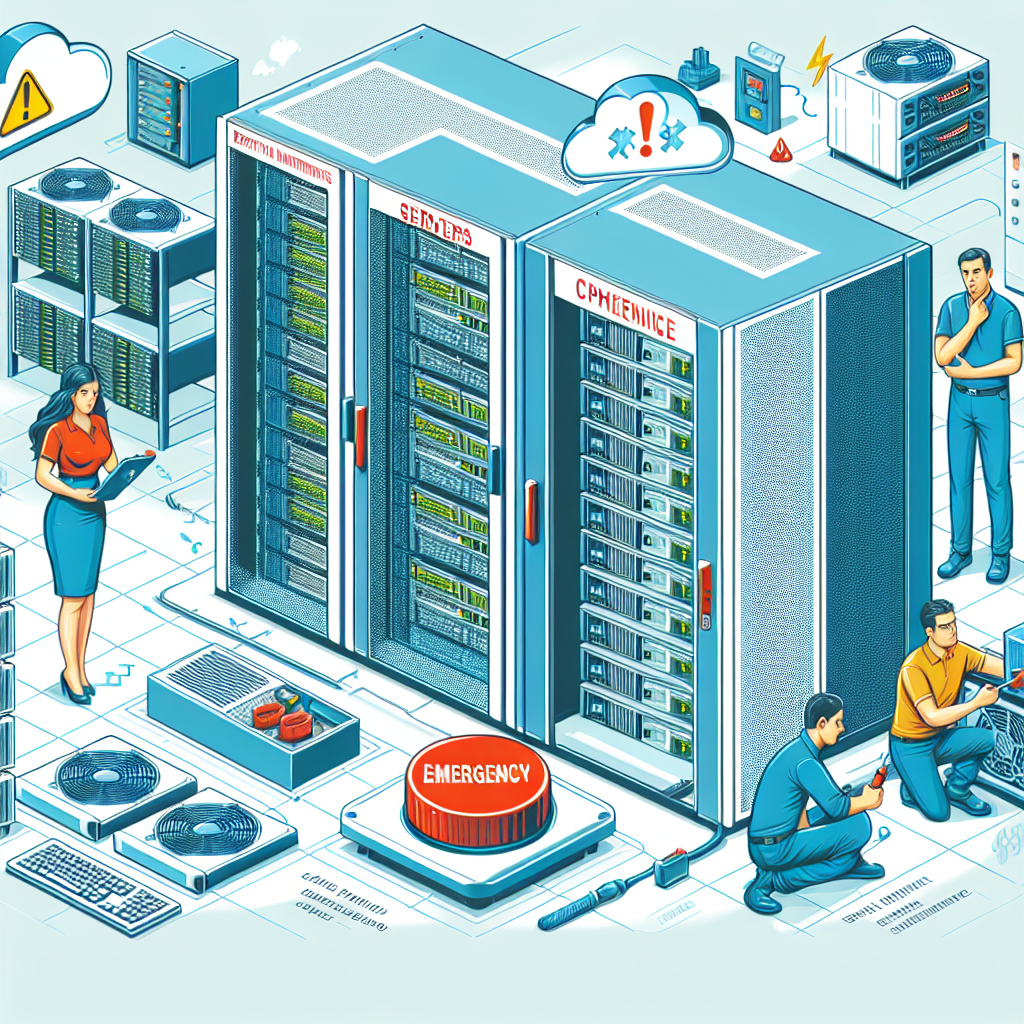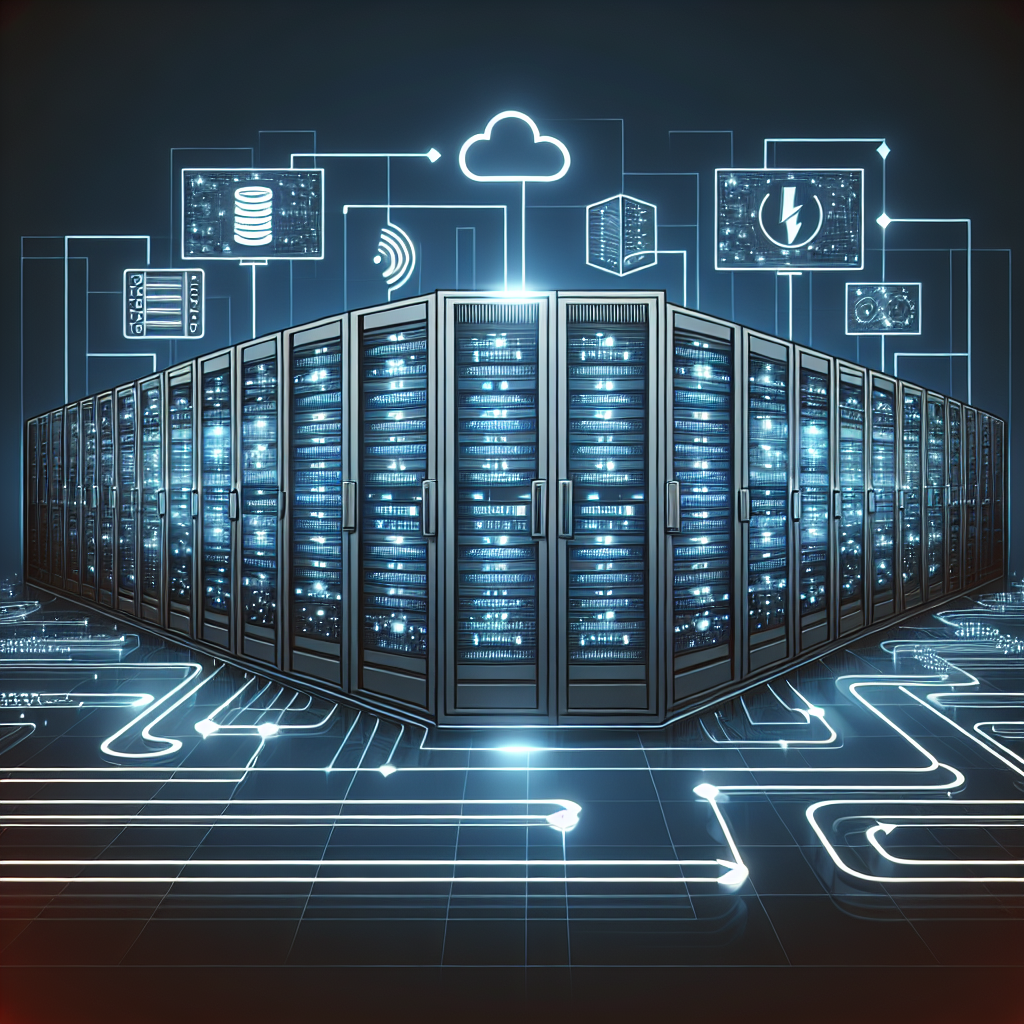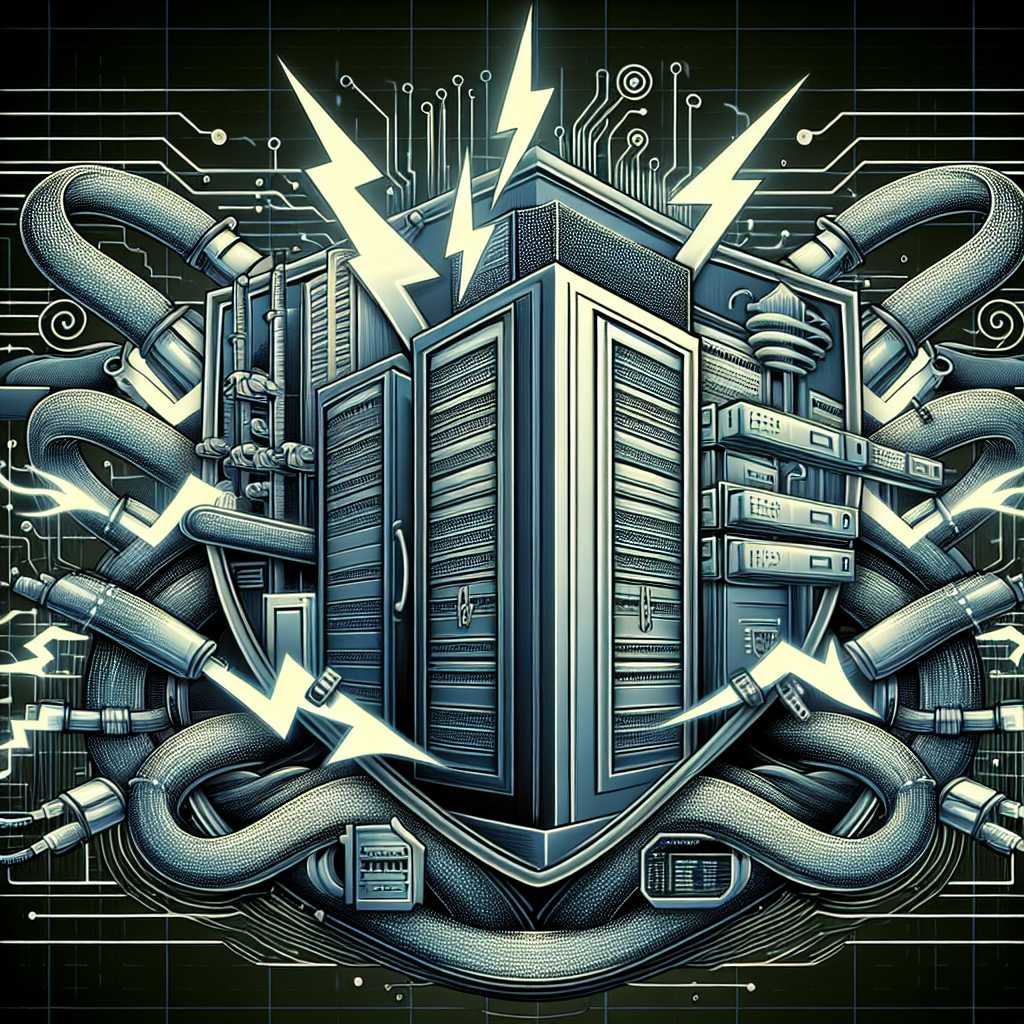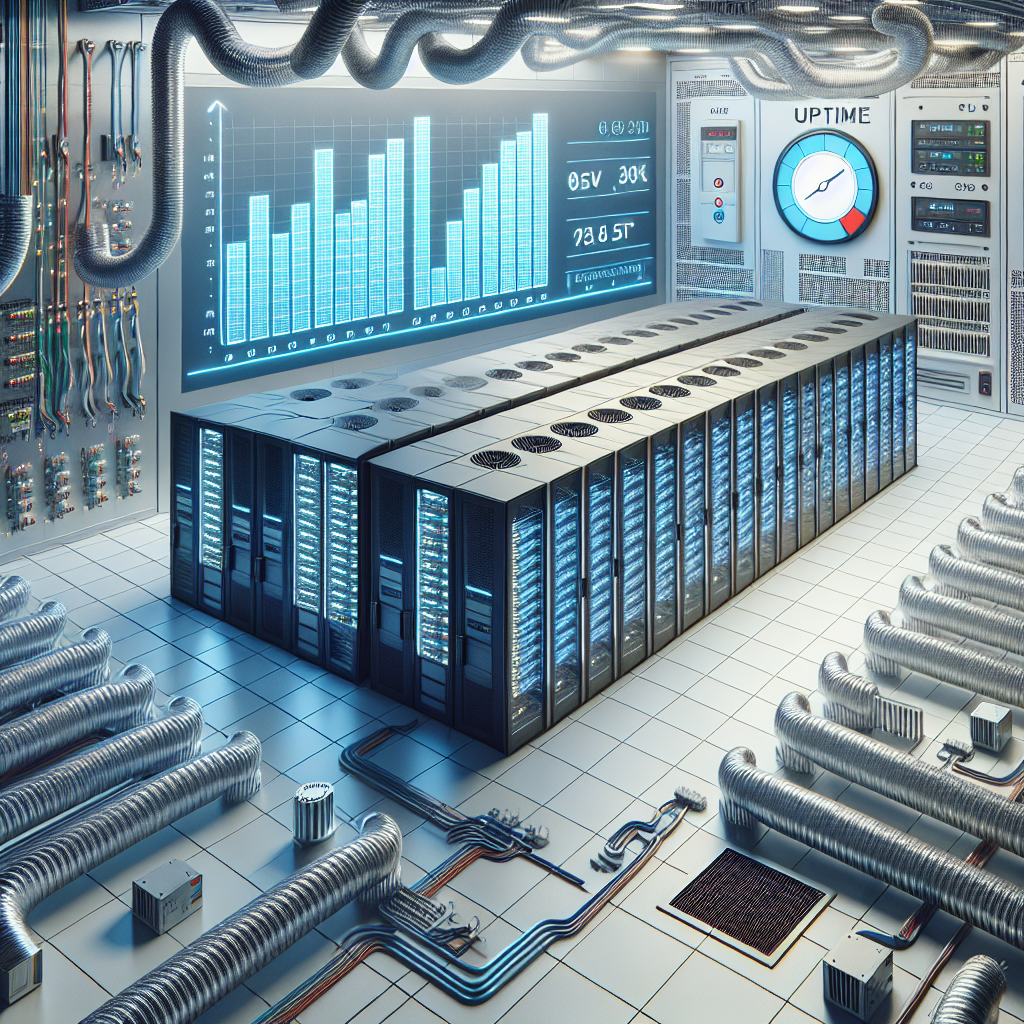Data centers are essential facilities that house the servers, storage, and networking equipment necessary for businesses to operate efficiently in the digital age. These facilities must maintain optimal environmental conditions to ensure that the equipment operates effectively and reliably. One critical component that plays a crucial role in maintaining these conditions is the heating, ventilation, and air conditioning (HVAC) system.
The HVAC system in a data center is responsible for controlling the temperature and humidity levels within the facility. It ensures that the equipment operates within its optimal temperature range, preventing overheating and potential damage. Additionally, the HVAC system helps maintain the proper humidity levels to prevent static electricity buildup, which can damage sensitive electronic components.
The impact of HVAC on data center performance and reliability cannot be overstated. Without proper cooling and humidity control, the equipment within the data center can be at risk of failure, resulting in costly downtime and potential data loss. In extreme cases, inadequate HVAC systems can even lead to equipment damage or fires, putting the entire operation at risk.
Efficient HVAC systems can also help improve the overall energy efficiency of a data center. By maintaining optimal environmental conditions, the equipment can operate more efficiently, reducing energy consumption and lowering operational costs. Additionally, modern HVAC systems can be equipped with advanced monitoring and control features that allow for real-time adjustments based on environmental conditions, further optimizing performance and reliability.
Regular maintenance and monitoring of the HVAC system are crucial to ensure that it continues to operate effectively. Routine inspections, filter replacements, and cleaning can help prevent issues before they arise and ensure that the system remains in peak condition. Additionally, investing in energy-efficient HVAC systems and implementing best practices for airflow management can further enhance the overall performance and reliability of the data center.
In conclusion, the impact of HVAC on data center performance and reliability is significant. A well-maintained and efficiently operating HVAC system is essential for maintaining optimal environmental conditions, preventing equipment failures, and reducing operational costs. By prioritizing the maintenance and optimization of the HVAC system, data center operators can ensure that their facilities operate at peak performance and reliability.
